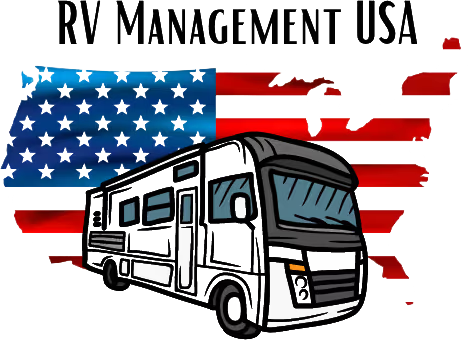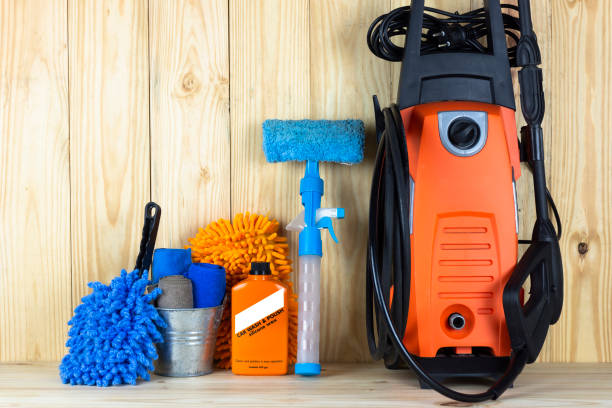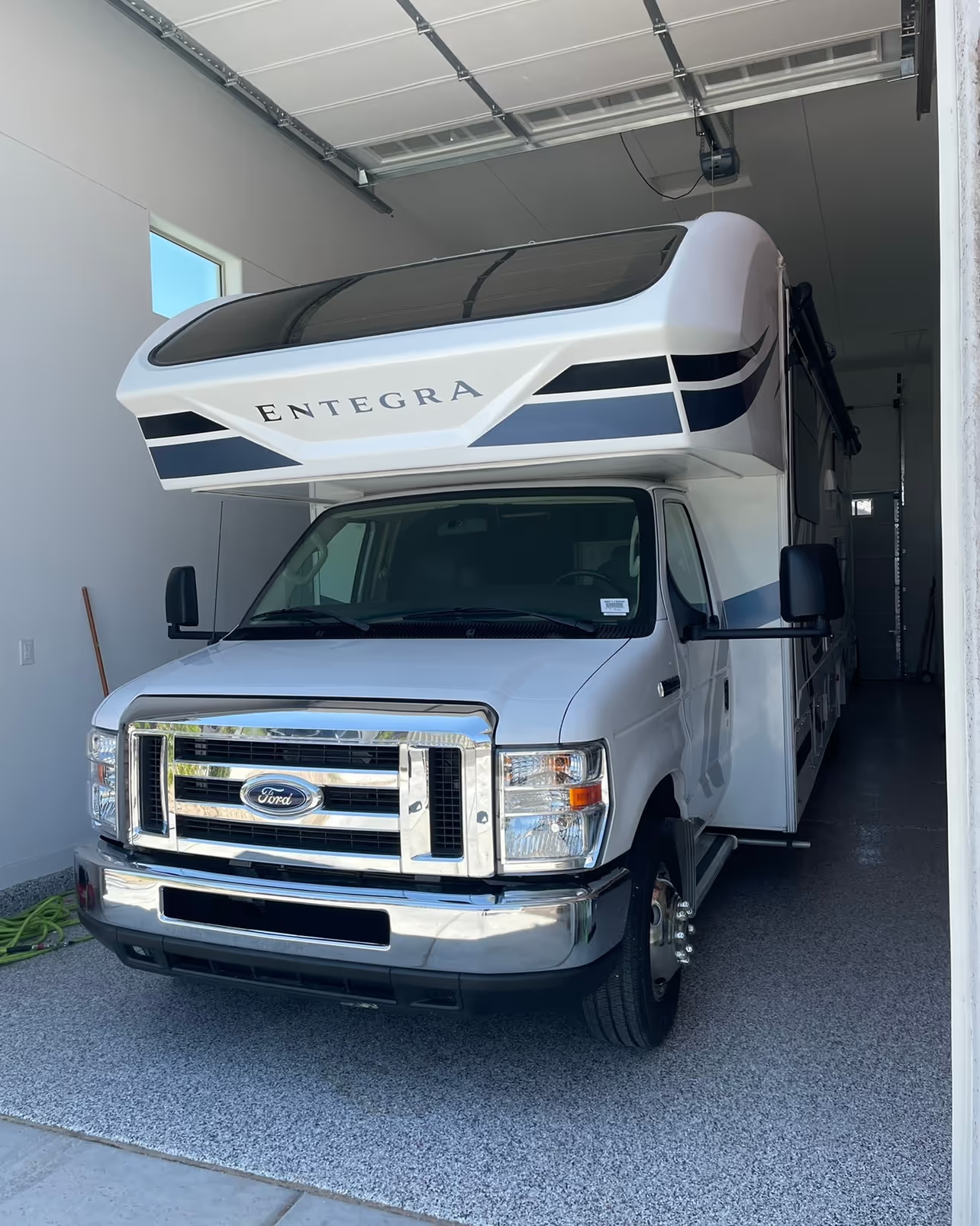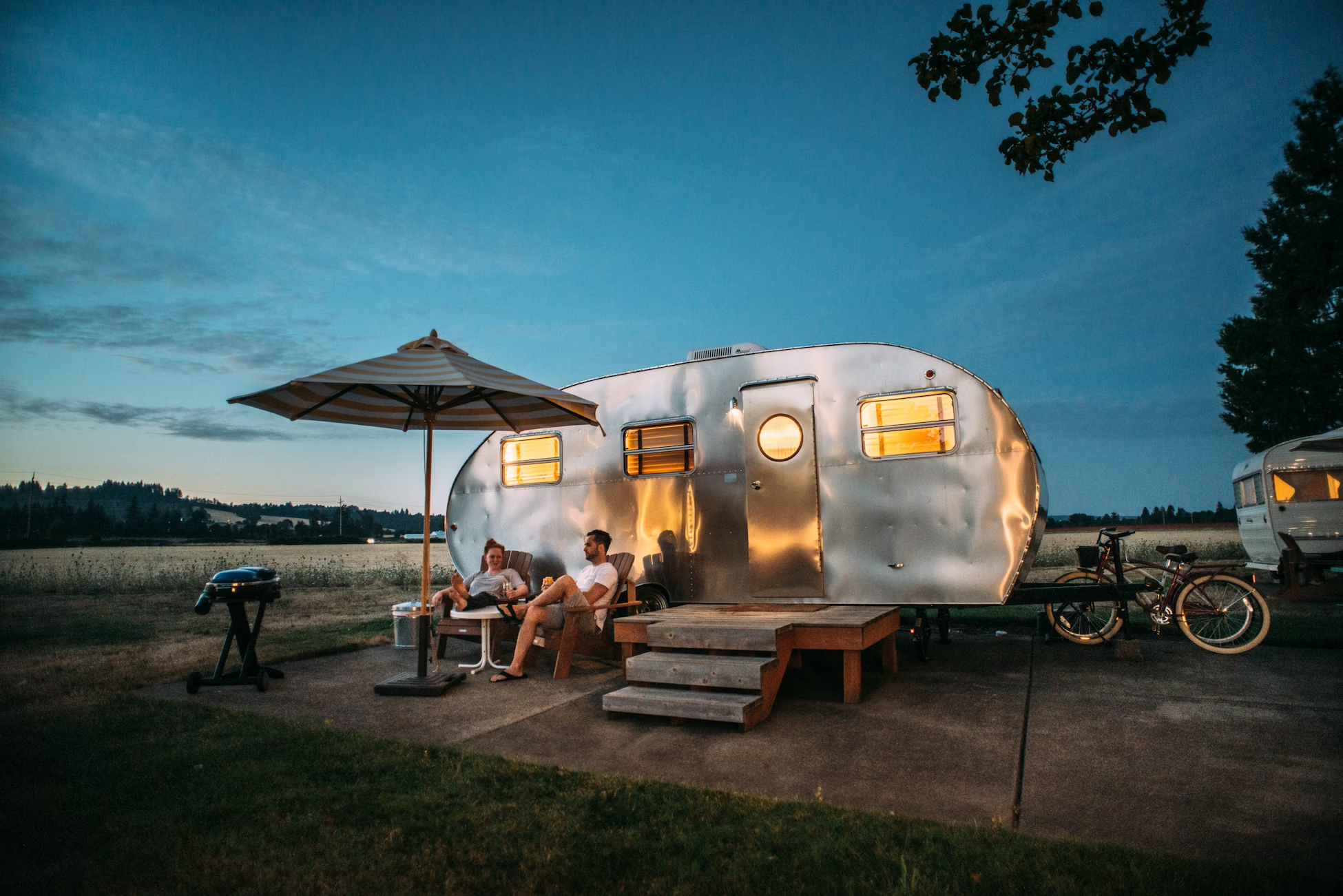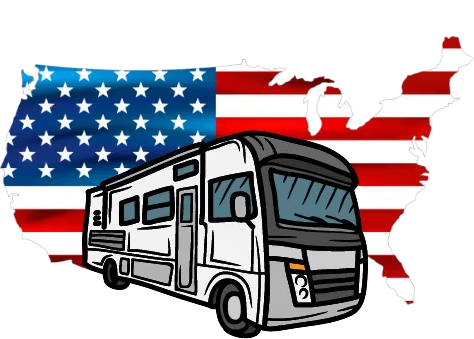Renting out your RV can be a great source of passive income—but what happens if a renter gets into an accident while on the road?
It’s a question every RV owner should ask before they ever hand over the keys. Accidents, while uncommon, do happen—and being prepared means knowing how to handle the situation calmly, legally, and financially when it does.
Whether it’s a minor fender-bender, major collision, or interior damage from improper use, there’s a clear playbook to follow to protect your RV, your income, and your insurance standing. And if you're working with a professional rental program like RV Management USA, you'll have support every step of the way.
This article outlines exactly what you need to do if a renter has an accident in your RV—so you can avoid panic and handle the situation like a pro.
Table of Contents
- Immediate Steps a Renter Should Take
- How to Handle the Situation as the RV Owner
- Who Pays for What: Understanding Liability and Insurance
- What Happens to Your Rental Income
- Preventing Future Incidents
- Final Thoughts
Immediate Steps a Renter Should Take

If a renter is involved in an accident, the first priority is safety. Here’s what they should be instructed to do, ideally before they ever hit the road:
- Check for injuries and call emergency services if necessary
- Move the vehicle to a safe location, if drivable
- Take photos of all vehicles, damage, license plates, and any relevant road conditions
- Collect contact and insurance information from other parties involved
- Report the accident to the rental manager or platform immediately
- File a police report, especially in cases involving other vehicles, injuries, or significant damage
When working with RV Management USA, renters receive pre-departure orientation and documentation that outlines exactly what to do in case of an incident. This not only helps keep everyone safe—it also ensures that any insurance claim is handled promptly and properly.
How to Handle the Situation as the RV Owner
As the RV owner, you don’t need to drop everything and start calling adjusters yourself—the RVM manager will handle almost everything from end-to-end. But there are key steps to take once you’ve been notified of an accident in your RV.
- Stay calm and wait for details – Let the manager or platform gather full documentation before jumping to conclusions.
- Confirm that the incident has been reported – A claim can’t begin without proper reporting from the renter.
- Document your RV’s condition before and after – This is already handled by your manager.
- Let the management team handle communication – Avoid direct interaction with renters or third parties unless requested.
- Review the claim process with the manager – The RVM manager will explain whether insurance or the security deposit will cover the damage.
With RV Management USA, your manager will take the lead in coordinating communication, submitting claims, and scheduling repairs—keeping you updated along the way while keeping the process hands-off for you.
Who Pays for What: Understanding Liability and Insurance

The answer depends on how your RV was insured at the time of the accident.
If your RV is listed on a peer-to-peer platform (like Outdoorsy or RVezy), commercial rental insurance is included by the platform. This coverage often includes:
- Liability coverage up to $1 million
- Collision and comprehensive coverage for physical damage to the RV
- Deductibles that are the responsibility of the renter
- Interior damage and roadside assistance, depending on the renter’s chosen protection plan
When working with a management company like RV Management USA, coverage is already built into the booking process. All renters are pre-screened and only allowed to drive if they meet insurance criteria.
If you're managing your RV yourself and relying on a personal insurance policy—you may not be covered at all. Most personal RV policies exclude commercial use, and filing a claim could result in denied coverage or policy cancellation.
This is why it’s so important to:
- Confirm insurance coverage is active before every rental
- Know the deductible structure and who’s responsible
- Work with RV Management USA to let a professioanl manager ensure that insurance compliance is on every booking
What Happens to Your Rental Income
One of the most frustrating outcomes of an accident is potential lost income. If your RV is out of service for repairs, it can’t be rented—meaning you're missing out on bookings.
Depending on your insurance and management setup, you may be eligible for:
- Loss-of-use compensation, reimbursing you for downtime
- Claim payouts that cover parts and repairs directly
- Security deposit deductions, especially for interior or minor damage
Most standard platform insurance does NOT automatically include loss-of-use, unfortunately; but RV Management USA has a wide network of professional RV repair techs and facilities they work with to make sure your RV is fixed properly and promptly so that it can get back on the road earning you money.
Preventing Future Incidents

While not every accident is avoidable, RV Management USA Territory Managers take key steps to reduce the chances. RVM does the following:
- Vet every renter carefully – Minimum age, valid driver’s license, and clean driving history should be mandatory.
- Provide clear operating instructions – Most damage comes from inexperience with systems like slide-outs, leveling, or black tank dumping.
- Use pre-trip checklists and walkthroughs – A guided orientation helps prevent renter mistakes.
- Track wear and tear – Regular maintenance checks catch small issues before they become rental-ending problems.
- Keep thorough records – Photos, inspections, and logs support claims and protect against disputes.
By setting high standards and maintaining consistent processes, you reduce both the frequency and severity of incidents.
Final Thoughts
Accidents are part of any business that involves vehicles and travel—but with the right preparation and protection, they don’t have to be a disaster. With RV Management USA, we ensure that every rental is insured, every renter is qualified, and every accident is handled with speed and professionalism—so you can focus on income, not incident reports.
If you’re unsure about your current coverage or want help putting systems in place for your RV rental business, we’re here to help.
– RVM Team
